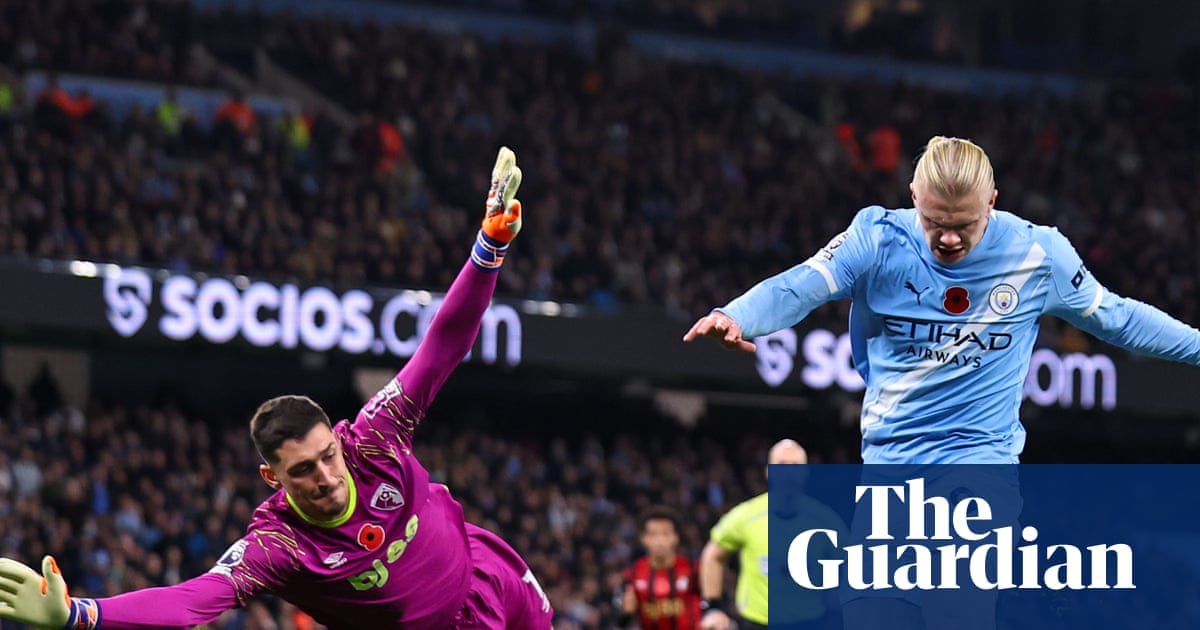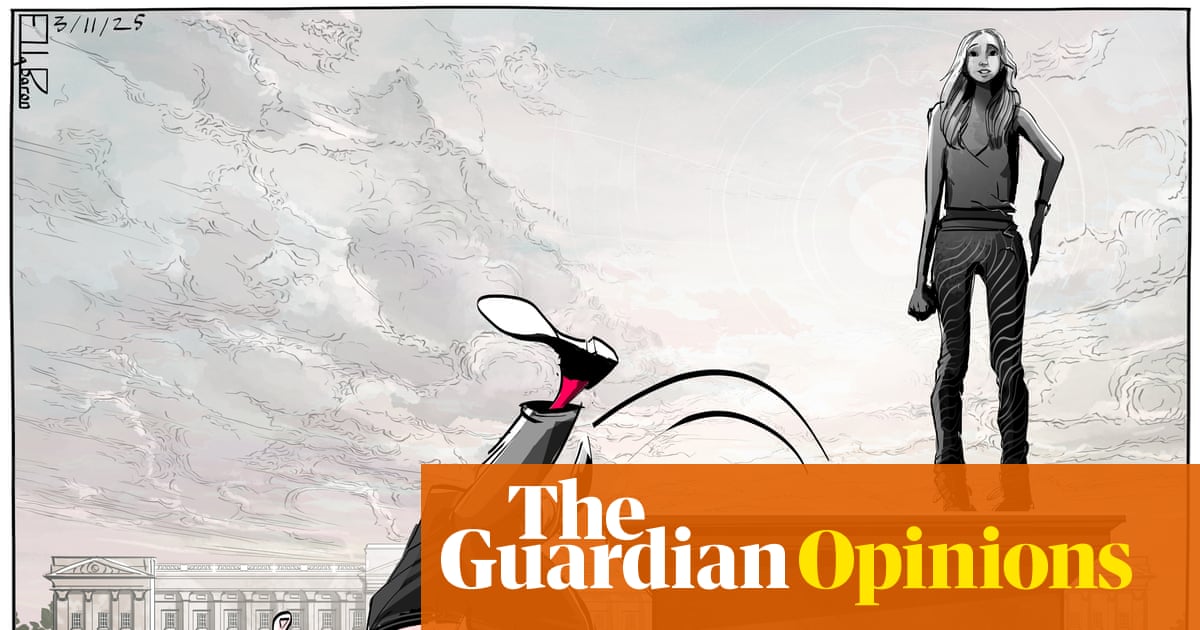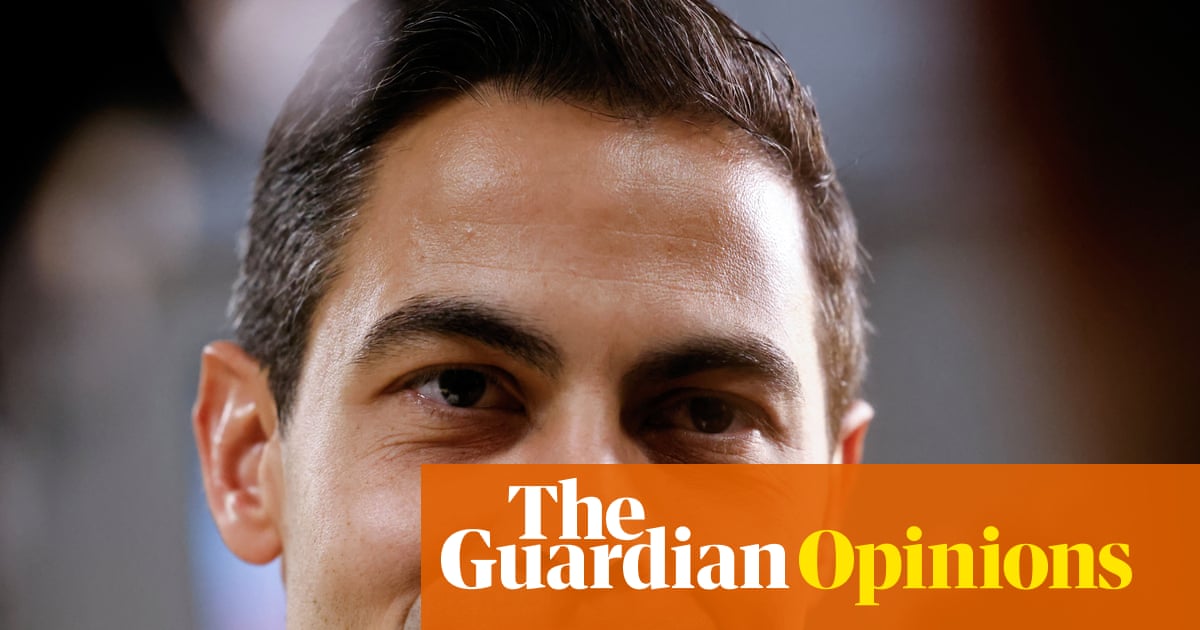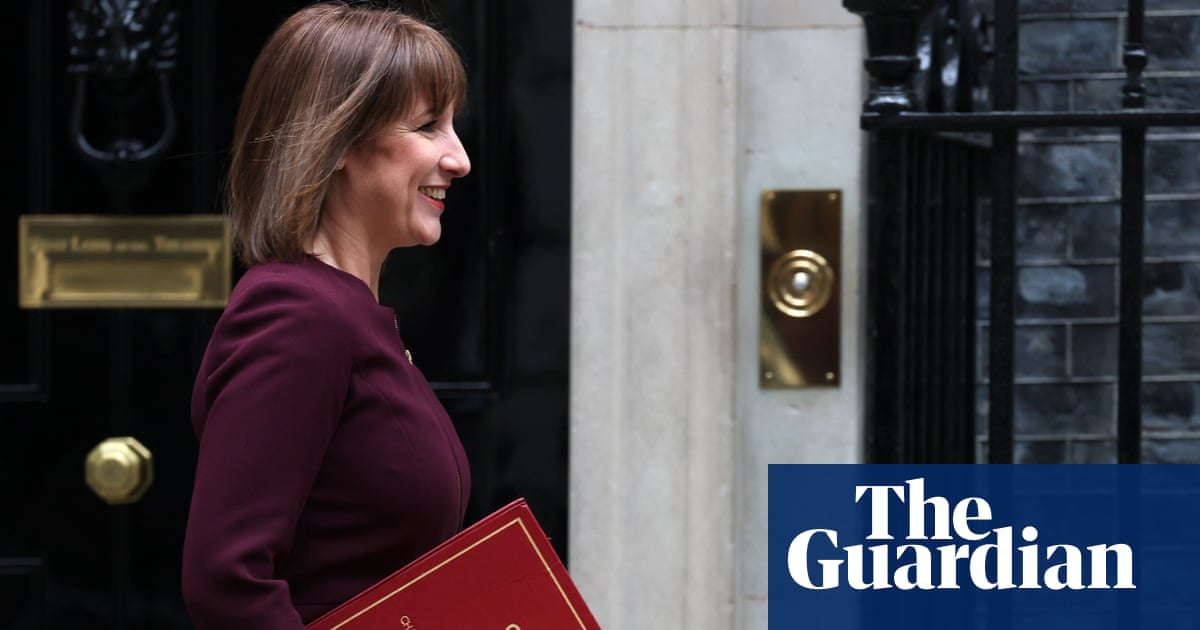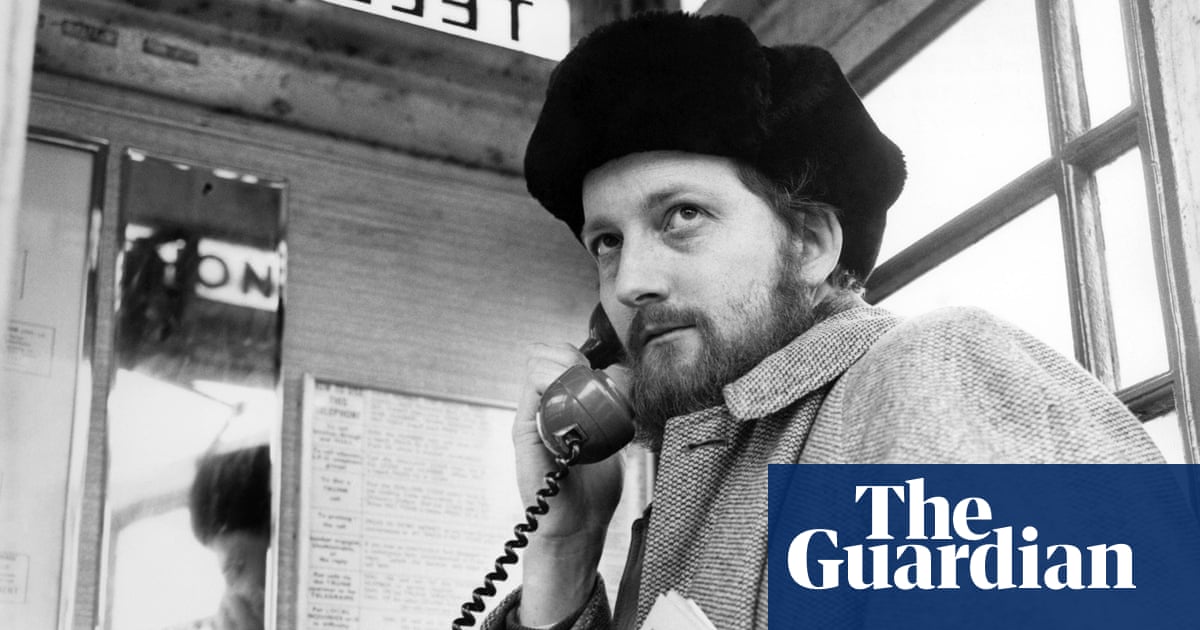Conference season has arrived for the big political parties, and every year for the past 20 years, I have attended some, though not all, of it. I always have a lot of complaints, which I used to think were all different but in fact boiled down to the same thing: this pantomime doesn’t mean anything. The leader makes his or her speech, the commentariat falls upon it, more often than not declaring it to have saved them from whatever surge of unpopularity they were engulfed in the week before, and to anyone half normal, reality simply continues, undisturbed. No, Boris Johnson promising to “level up” in 2021 did not address the cost of living crisis. Keir Starmer having a tool-maker dad with his “eye on the object” (same year) did not make him more relatable or charismatic.
There were some years that I thought maybe I was being naive, and the wiser heads were correct – might Tony Blair’s admission of fault, in the vaguest imaginable terms (“I now look my age. You feel yours,” at the Labour conference in 2003), be the decisive turning point when we all learned to stop worrying and love the Iraq war? Nope, it was not.
Once in a while, conference goes so catastrophically badly that it feels mean to comment. So when Theresa May, in 2017, was beset by a prankster, a persistent cough and letters falling off her meaningless word-salad backdrop, the universe was already plainly so ranged against her that the inevitable lampooning felt like overkill. And yet, fundamentally, the problem was the same: if we think we’re in a world where a speech will make a difference, even to public perception, let alone to livelihoods, we’re dreaming.
Around the edges of that, though, there were always things to discover. If you went to the Conservative party conference in 2014, you would probably have been less surprised by their general election victory the following year, when all the pollsters were predicting another hung parliament – the members had a spring in their step, the smart, politically neutral-ish young lobbyists were out in force. Would you have been able to predict anything useful, such as the Brexit referendum that would spin out of that unexpected victory, or the mire it would drag us into for the next decade and counting? Of course not, but what could you have done with that information anyway? Stockpiled roquefort?
So this year, much of that remains true. Insiders are intoning solemnly that Starmer really needs to pull a great speech out of his hat if he wants to reverse the sense of doom that clings to him, while outsiders are asking, “A speech saying what, exactly?” Because when you leave aside promises that sound like everyone else’s, take out bland pleas for the nation to unite around its shared values and ignore half-baked attempts at poetry – all those things being tried and tested ways of changing nobody’s mind about anything – what else is left?
Other insiders, meanwhile, are speculating minutely about where Kemi Badenoch could possibly go next, rhetorically speaking, in order to put clear blue water between the Conservatives and Reform, while at the same time outflanking them to the right and somehow capturing the middle. Outsiders can guess exactly what she is going to say: something horrible about migrants; something baseless about net zero; some other unkind thing, most likely about transgender people. Reform’s conference has already happened, of course, and unfolded exactly as predicted, with outright xenophobia largely camouflaged under calls for the amorphous: freer speech; things to be like they were; change. The Liberal Democrats know who they are and what they stand for, at least, and the Greens’ conference will be livelier and conceivably the most harmonious, given that the new leader Zack Polanski was elected with 85% of the votes.
What is really different about this year is how remarkably uninviting either main party – Labour or Conservative – is to watch. Historically, for all the patterns of meaninglessness and bluster, one or other of them was redeemed by either power or challenger energy. This year, power looks like a burden and the challengers look hopelessly lost.

.png) 1 month ago
41
1 month ago
41






